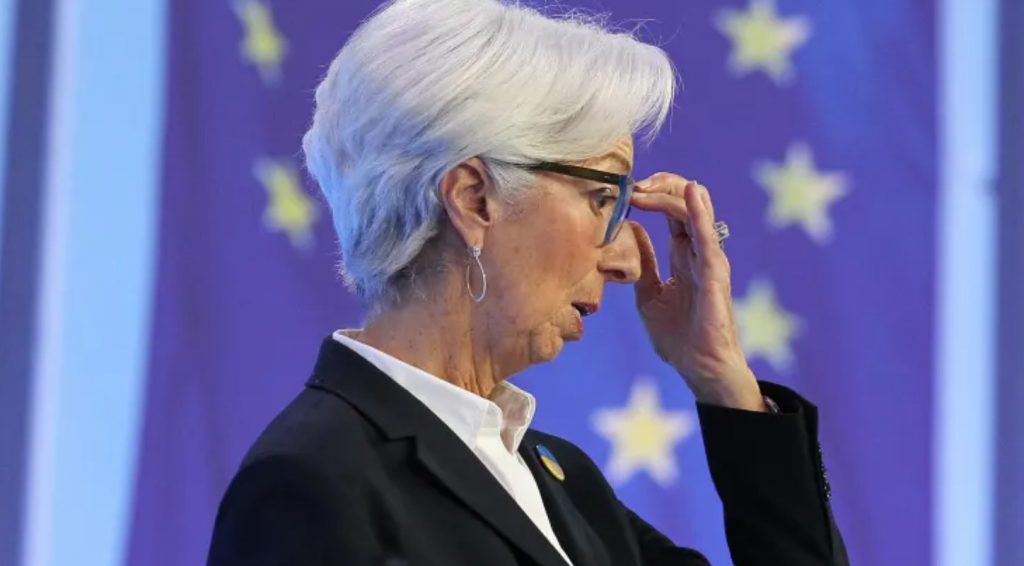
The cost of living hit another record high in the euro zone last month, raising further questions about how the European Central Bank can stabilize such rapidly rising consumer prices.
Headline inflation came in at 7.5% for March on an annual basis, according to preliminary data from Europe’s statistics office Eurostat released on Friday.
The numbers come at a time when Russia’s invasion of Ukraine has brought renewed economic uncertainty, with some economists wondering whether the euro zone will enter a recession in 2022 — something that European officials have so far refused to say.
Italy’s Prime Minister Mario Draghi, for instance, said last week that there will economic damage from the invasion of Ukraine, but not a recession.
The euro zone has taken unprecedented measures to punish Russia for its decision to invade Ukraine — such as blocking the sale of luxury goods — and these sanctions are having repercussions on the euro zone economy itself.
In addition, there are other side-effects from the war, most notably higher energy prices — which are driving up inflation across the bloc.





























